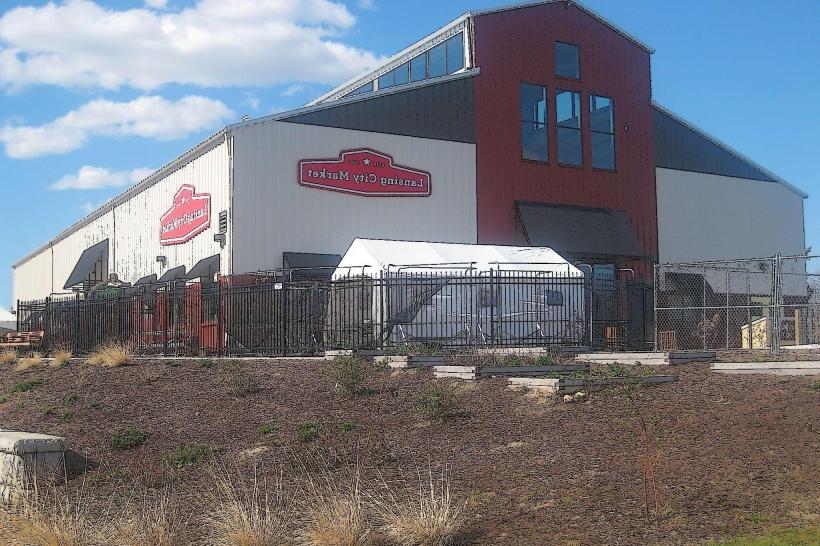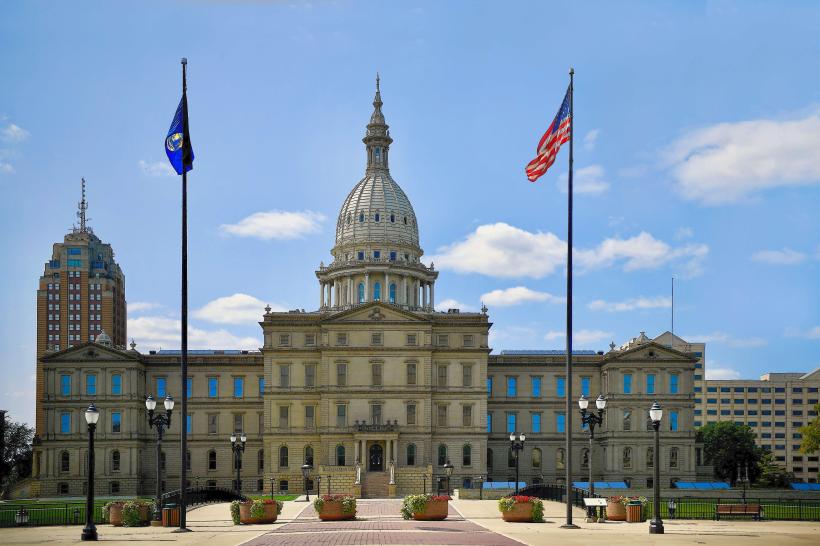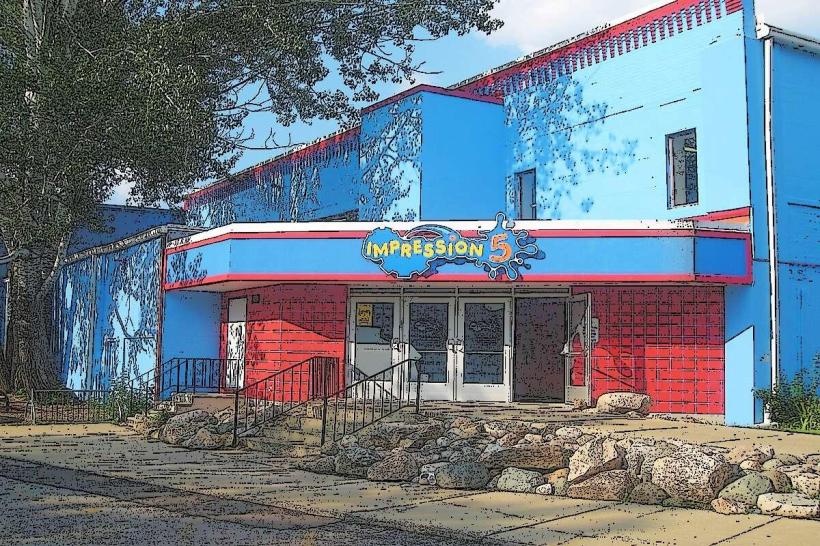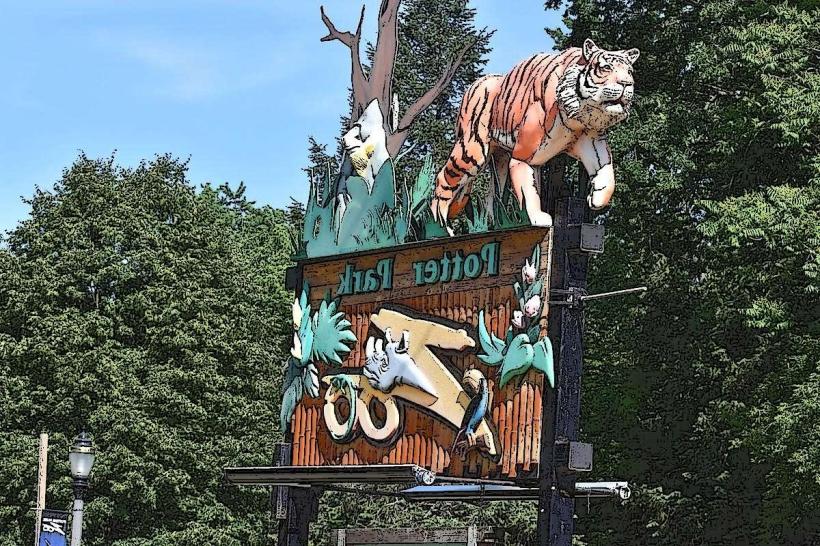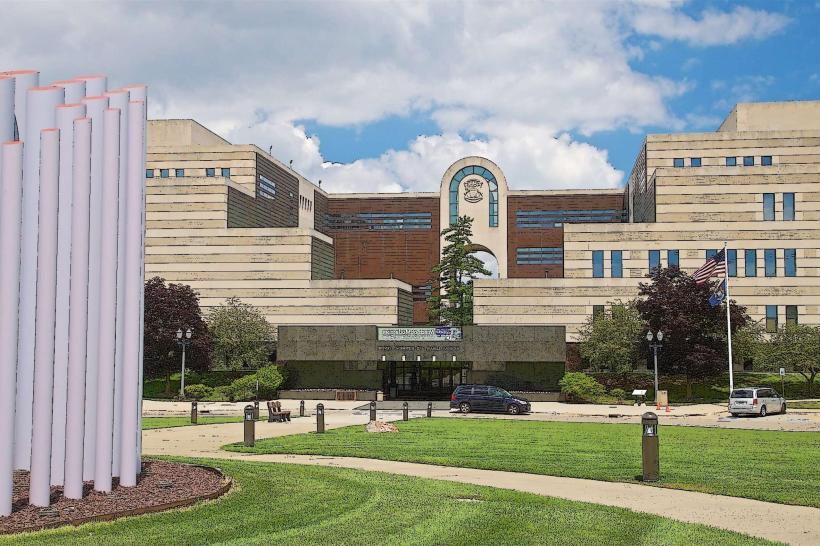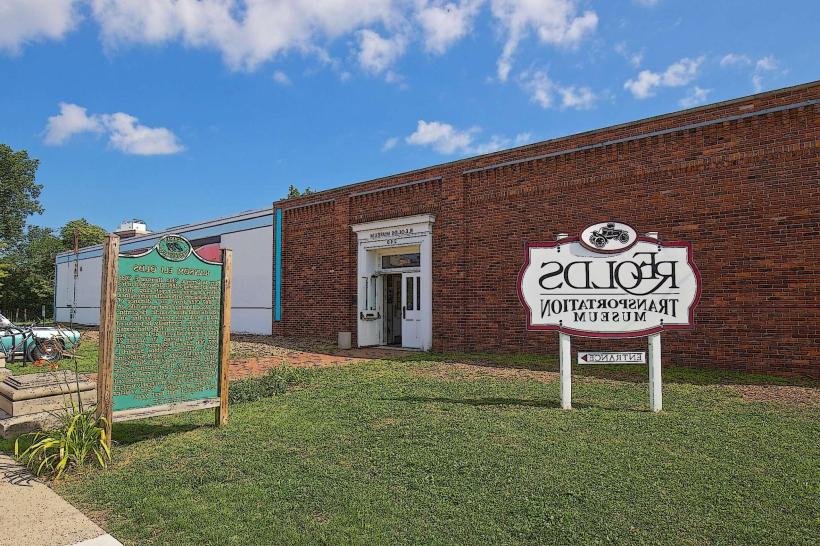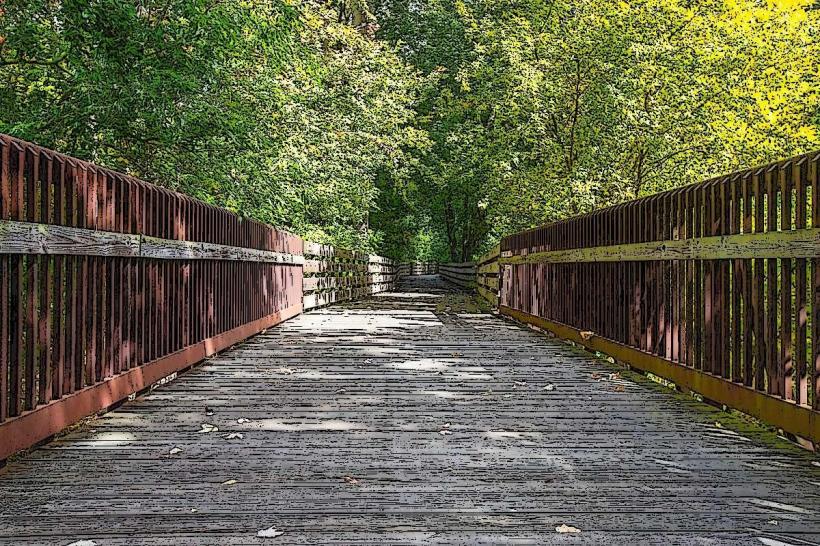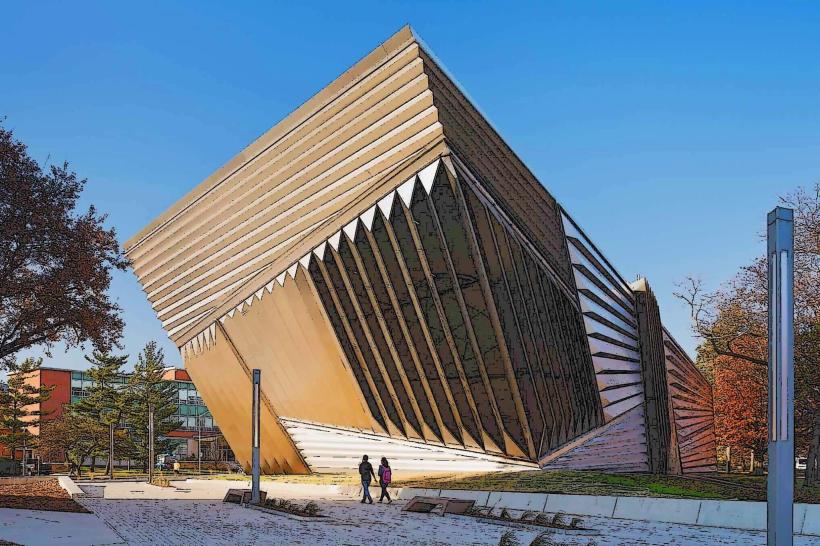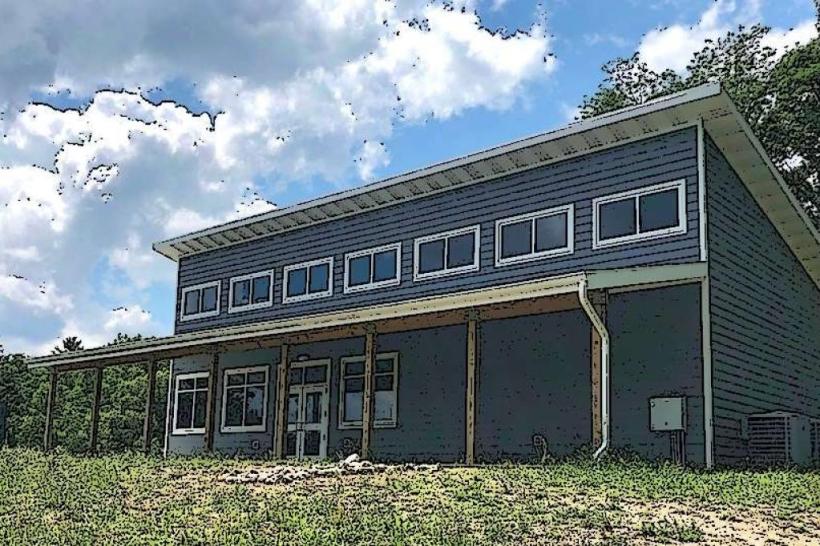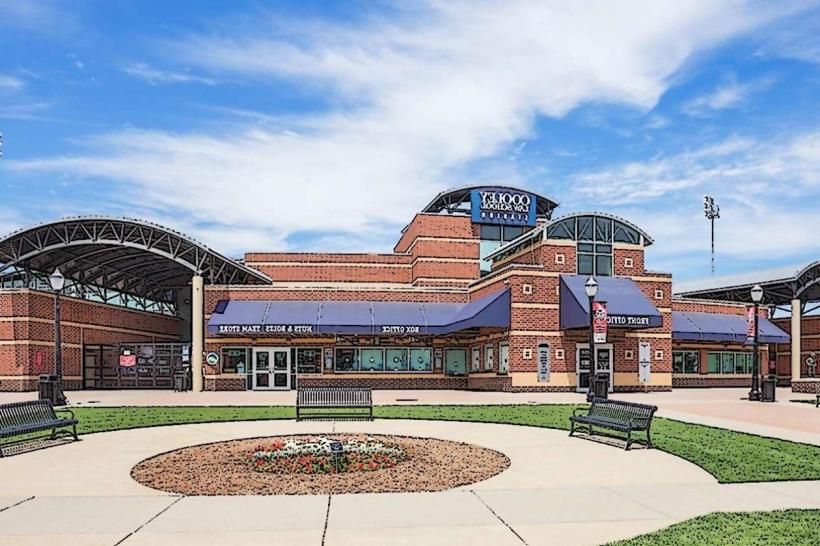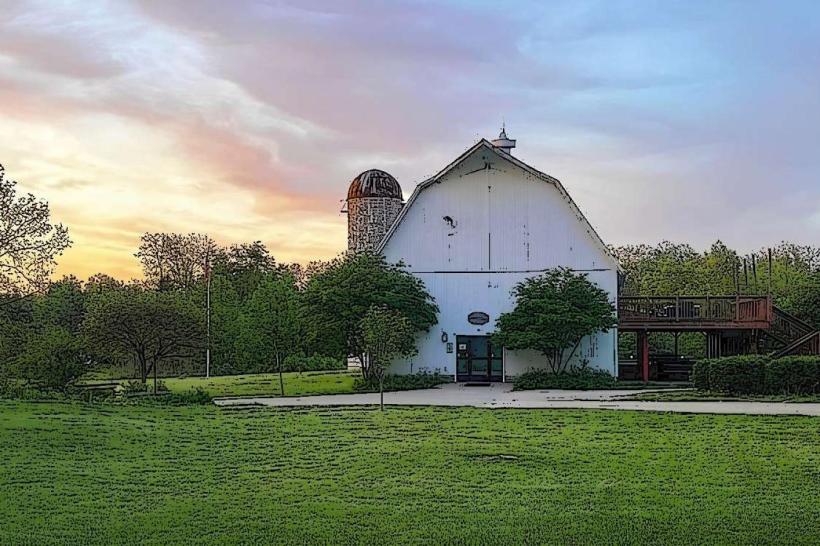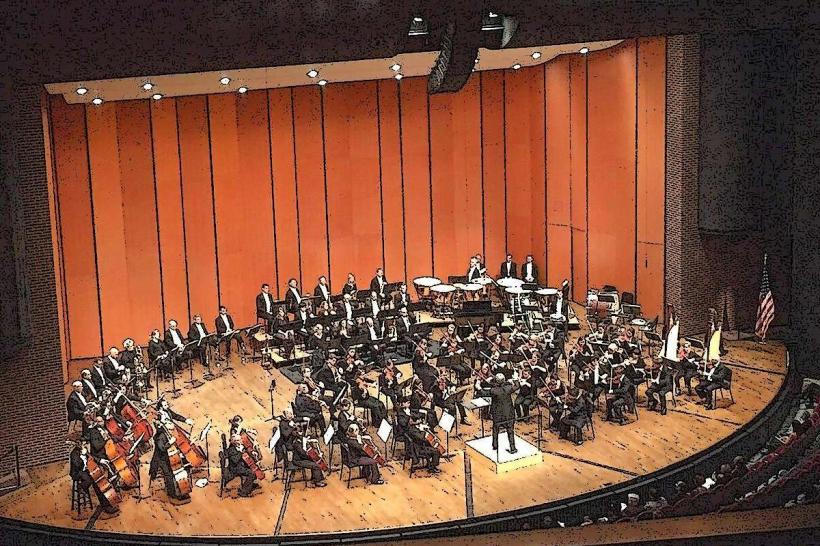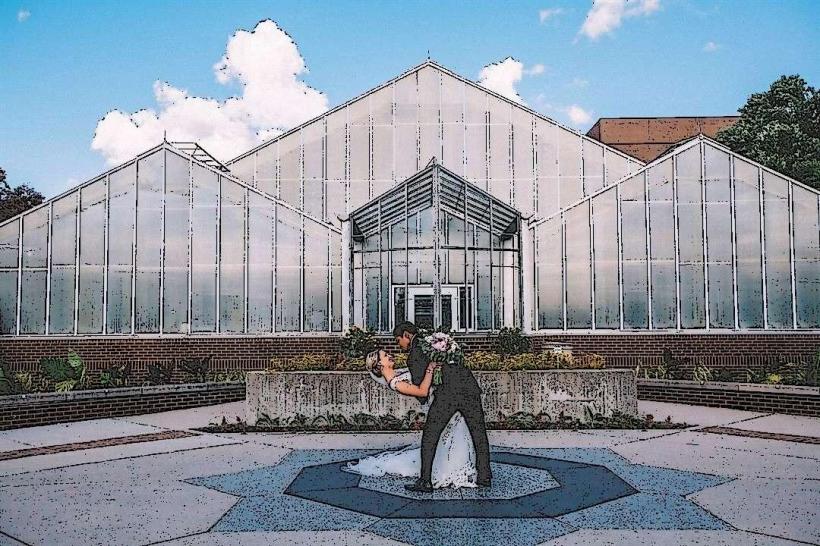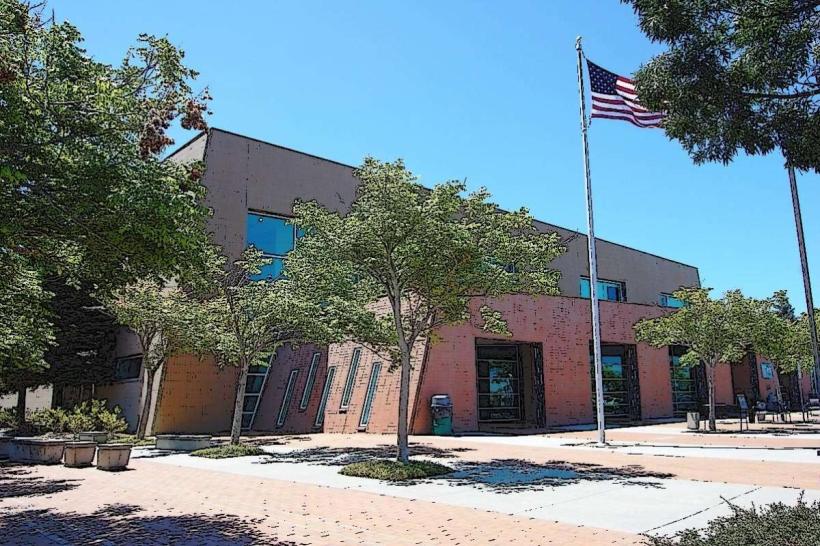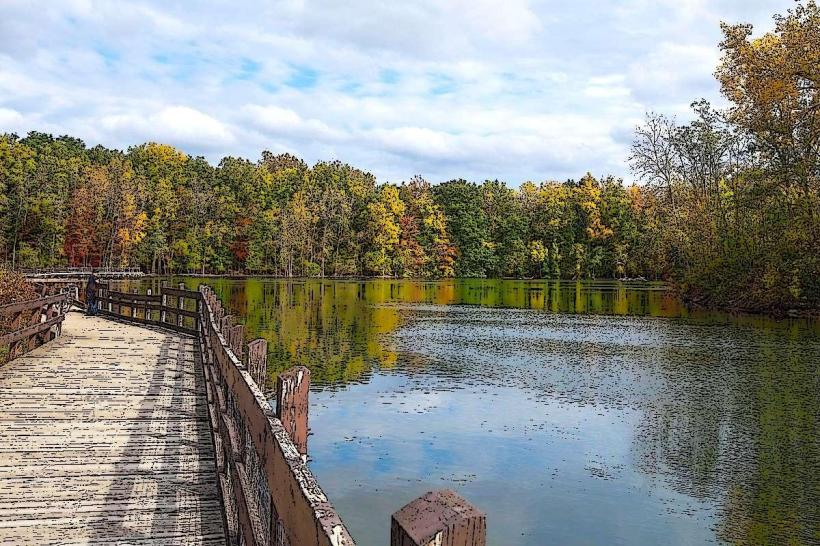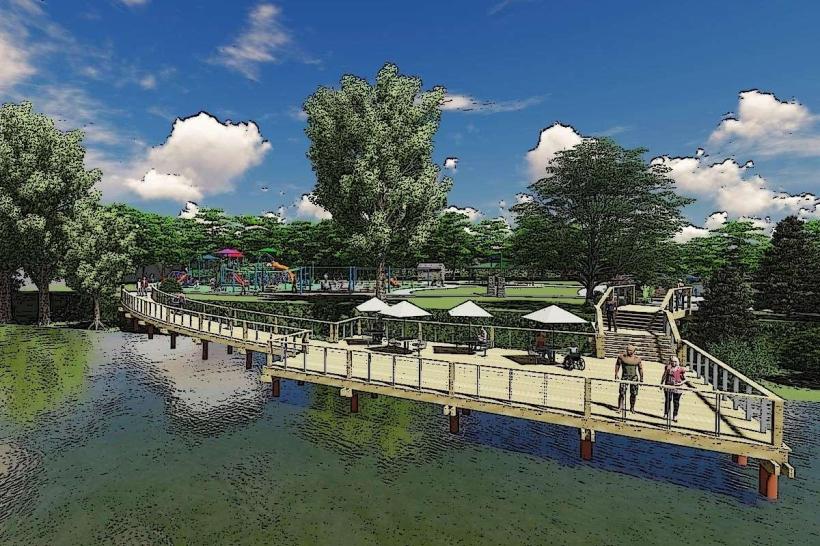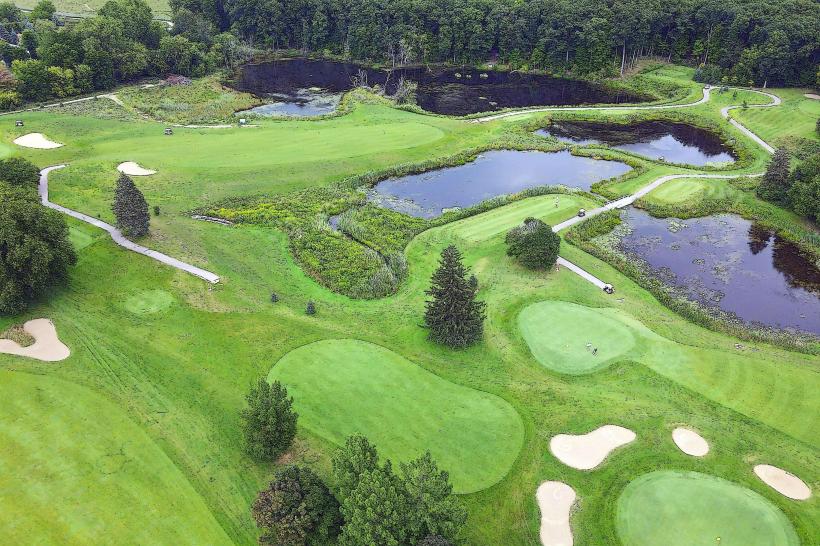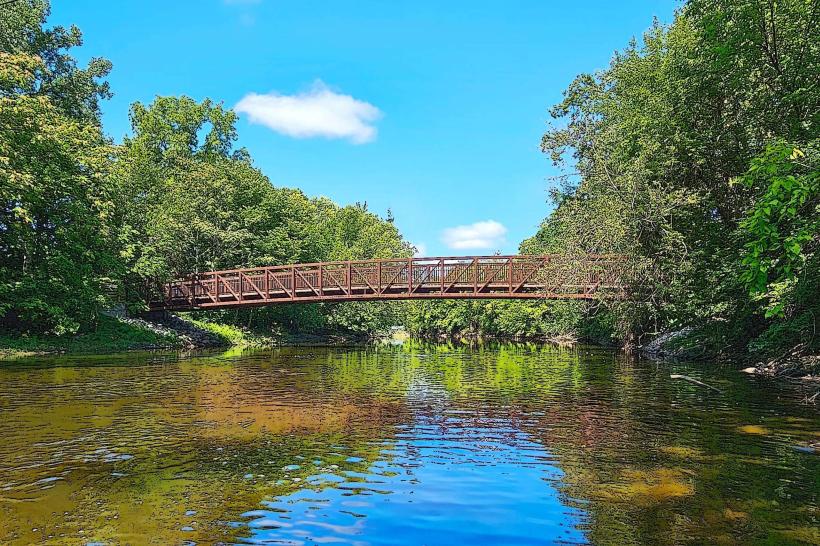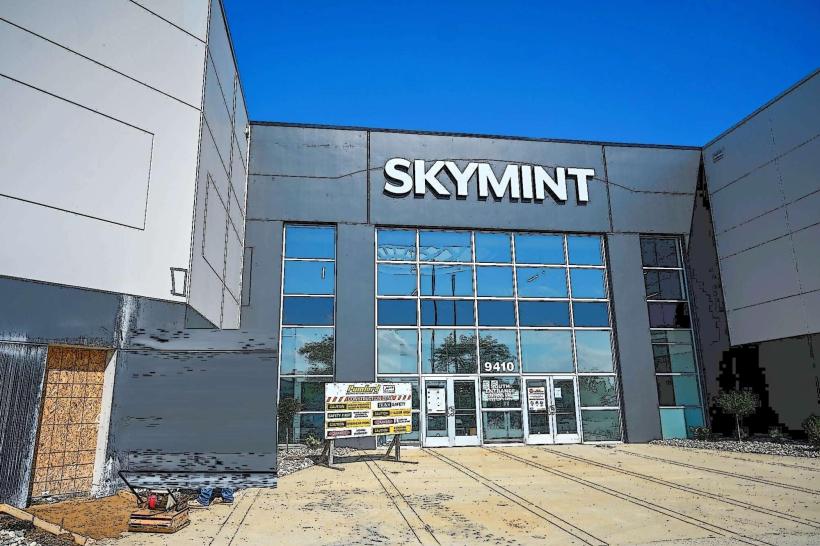Information
Landmark: Michigan State UniversityCity: Lansing
Country: USA Michigan
Continent: North America
Michigan State University, Lansing, USA Michigan, North America
Michigan State University is a public research university situated in East Lansing, Michigan, USA.
It is one of the largest universities in the United States by enrollment.
Visual Characteristics
The campus comprises a mix of architectural styles, including Collegiate Gothic, Mid-Century Modern, and contemporary designs. Buildings are predominantly constructed from red brick and limestone. The landscape features extensive green spaces, including manicured lawns, arboretums, and the Red Cedar River flowing through the central campus. Notable structures include the iconic Beaumont Tower and the Eli and Edythe Broad Art Museum, characterized by its angular, titanium-clad exterior.
Location & Access Logistics
Michigan State University is located approximately 4 miles east of downtown Lansing. Access is primarily via East Grand River Avenue and Kalamazoo Street. Major highways serving the campus include I-96 and US-127. Ample parking is available in designated structures and lots, with hourly and daily rates. Public transportation is provided by the Capital Area Transportation Authority (CATA) bus system, with multiple routes serving campus destinations.
Historical & Ecological Origin
Established in 1855 as the Agricultural College of the State of Michigan, it was the first institution of its kind in the United States. Its original purpose was to promote liberal and practical education in the mechanical arts, agriculture, and other scientific branches. The campus was designed with a focus on integrating academic buildings with natural landscapes, including the preservation of the Red Cedar River corridor.
Key Highlights & Activities
Visitors can explore the MSU Museum, which features exhibits on natural history and culture. The Eli and Edythe Broad Art Museum offers contemporary art exhibitions. The Wharton Center for Performing Arts hosts a variety of theatrical and musical performances. The MSU Horticultural Gardens provide a curated display of plant collections. Walking tours of the campus architecture and arboretum are available.
Infrastructure & Amenities
Restrooms are available in most academic and administrative buildings. Shaded areas are present throughout the campus, particularly in parks and along the river. Cell phone signal (4G/5G) is generally strong across the campus. Food vendors and dining halls are located within student union buildings and across campus.
Best Time to Visit
For optimal campus exploration and photography, the late morning (10:00 AM - 12:00 PM) and mid-afternoon (2:00 PM - 4:00 PM) offer good natural light. Spring (April-May) and Fall (September-October) provide pleasant weather for outdoor activities and showcase seasonal foliage. Summer months can be warm.
Facts & Legends
The Beaumont Tower, a campus landmark, chimes the Westminster Quarters every quarter hour. A local legend suggests that students who walk under the tower during their first week will have good luck throughout their academic careers.
Nearby Landmarks
- MSU Federal Credit Union Headquarters (0.3km West)
- East Lansing City Hall (0.8km Southwest)
- Green UIView Park (1.2km North)
- Lansing Community College (3.5km West)
- Michigan State Capitol Building (4.8km West)

